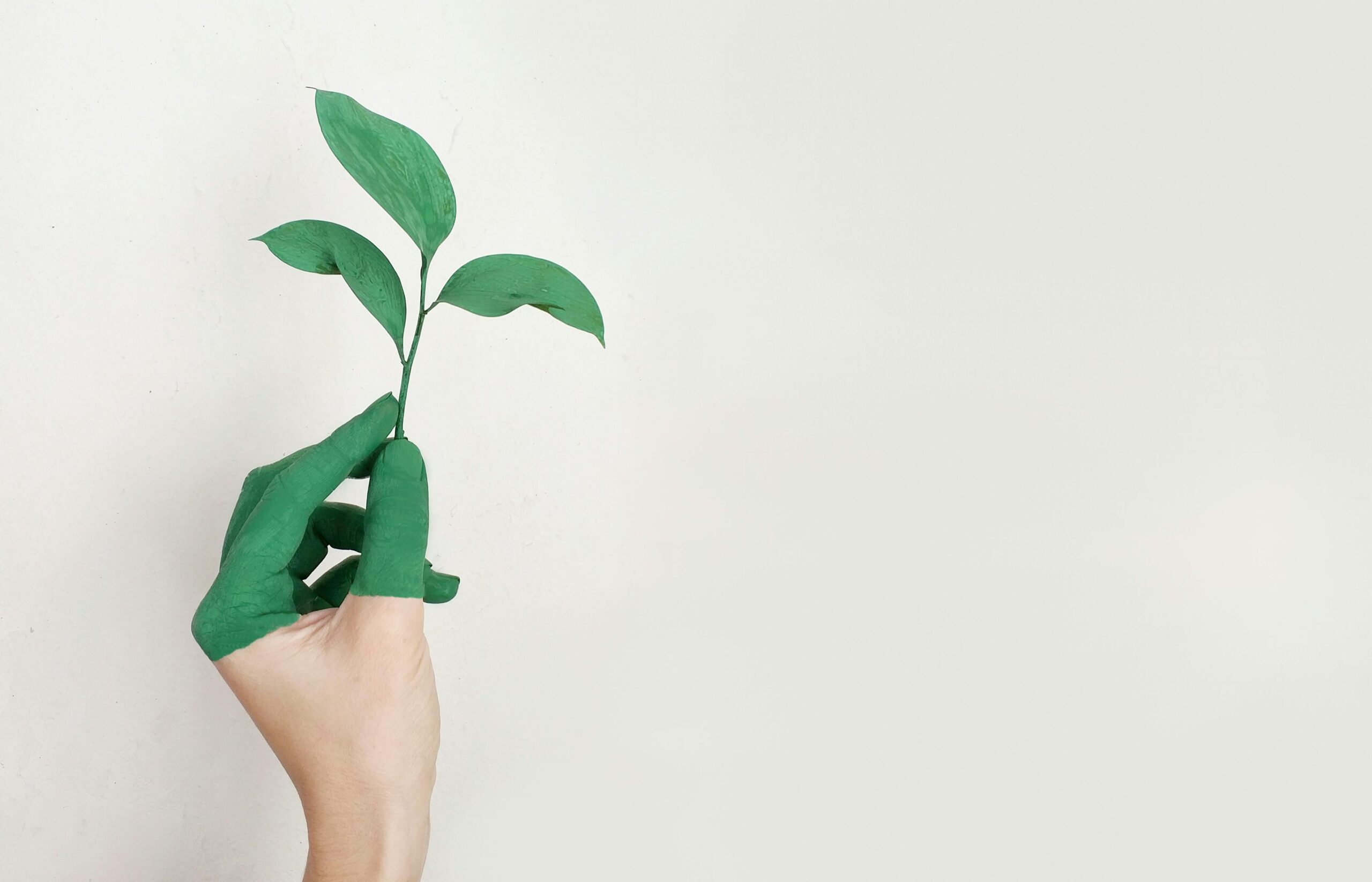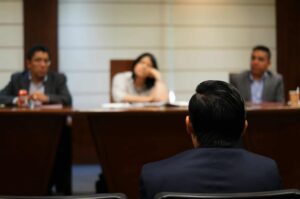The focus on sustainability is ramping up in higher education, with Times Higher Education’s (THE) recent Global Sustainable Development Congress in Bangkok drawing over 3,000 delegates.
It felt almost NAFSA-esque, with a large exhibition hall and headphone presentations on two hall stages running parallel to panels and other side events. The University of Auckland even brought cutting-edge virtual reality experiences to its region sponsor booth.
From only about 500 inaugural submissions from 75 countries in 2018, THE’s Global Impact Rankings drew over 2,000 submissions from 125 countries this year.
Still, I was surprised to see the explosion from 1,000 delegates at the inaugural congress last year to 3,000 in Bangkok, with attendance possibly set to double in Istanbul next year. And I found myself wondering: is sustainability the zeitgeist for international education as well? And, perhaps even more pertinently, should we be concerned about how we’re ranked in this area?
Like them or not, rankings have been with us for decades and play a big role in how students and their families choose to invest in their overseas degree. THE, QS, AWRU, US News and World Report all have different focus areas and weighting, but all offer the markets a shortcut to value perceptions of what an institution has to offer.
It’s daunting for international students to choose an overseas university from thousands and rankings help families narrow down their choices. The more recent focus on sustainability and impact has brought us new and challenging ways to think about our work and how it matters to society.
Using the United Nations 17 Sustainable Development Goals (SDGs) as a reporting framework is empowering new measures on a whole range of activity inside our institutions – proving the old adage, “if it matters, measure it. If it’s counted, it will matter”. Turns out there’s nothing like league tables to bring focus to tough conversations on institutional resource allocation.
Nothing can replace those in-person meetings to build relationships and start new projects, but we are working to balance the frequency
But does all this matter to students? Well, a growing number of surveys point out the rise of student focus on sustainability. Your average prospective international student might not be able to rattle off the 17 UN SDGs in chronological order, but they certainly care about the themes they focus on.
They expect universities not only to lead the research on sustainability, but also to walk the talk. Put it this way; if you don’t yet have a value-for-carbon plan in your international travel agenda, it’s time to get one.
See the awesome work of Climate Action Network for International Education for heaps of ideas and practical approaches. We’re still traveling but thinking carefully about how often, how long, and joining forces across teams to deliver across a broader range of activity.
Ironically, academics focused on climate change and sustainability sometimes have carbon footprints on par with international recruiters – and attending conferences can sometimes add to this.
University of Canterbury Pro-Vice-Chancellor Sustainability Professor Jan Evans-Freeman collegially chastised THE leadership for this as she chose to join a panel virtually as an outlier in last week’s conference in Bangkok.
Nothing can replace those in-person meetings to build relationships and start new projects, but we are working to balance the frequency of in-person meetings with virtual in the post-Covid world. Some conferences have embraced the increased access that virtual participation can bring, while others have reverted to primarily in-person gatherings.
I led a team of academic and corporate partner speakers for the track we sponsored on SDG 11 – Sustainable Cities and Communities. At some point, we wondered what the experience of a city of 0.5 million in a nation of 5m could offer to the sheer scale and challenges in ASEAN.
Bangkok alone is more than double our national population. But throughout the week, we found common cause and mutual interests in a few areas. We’re excited to continue this collaboration as we host the UN World Adaptation Science Programme (WASP) 8th Adaptation Futures conference in Christchurch next year.
For the ‘broader range of activity’, we undertook institutional visits in Bangkok, hosted an alumni dinner, and co-hosted a recruitment agent event with other NZ universities. Our communications director was a bit nervous about her first speech to recruitment agents but she nailed it.
What’s your sustainability plan and how have you positioned this in your offer to international students and their families? Keep an eye on the rankings conversation. Interest has exploded and it’s here to stay.





